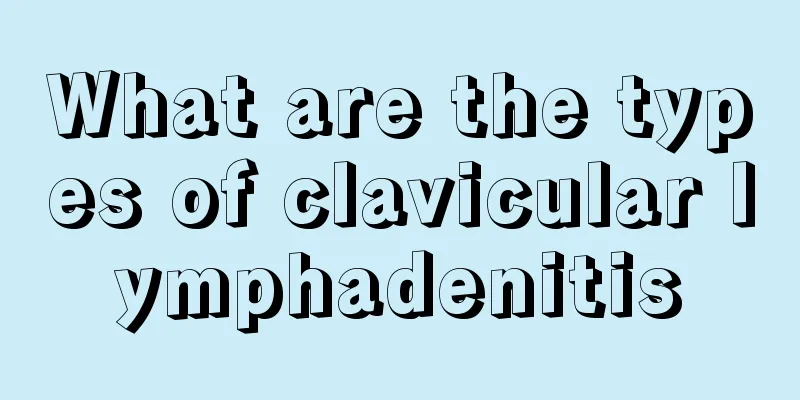What are nasal polyps?

|
Generally, nasal polyps need to be cared for at ordinary times to ensure or minimize interference. Everyone should pay attention to the patients in normal times and ensure that their noses have not had long-term diseases or long-term rhinitis. In this case, they may encounter the problem of nasal polyps. : : : : : : : : : : : : : : : Most patients have a long history of nasal disease when they see a doctor. At first, they feel like there is a mucus in their nose that cannot be blown out, which is caused by the blockage of the upper half of the nasal cavity by polyps. At night, they may have obvious nasal congestion and breathe through their mouths. Over time, chronic pharyngitis may occur. Nasal congestion is mostly persistent, and vasoconstrictor nasal drops have no obvious effect. This is because there are few blood vessels in the nasal muscles, and because polyps have no nerve distribution, patients rarely sneeze. However, if there is allergic inflammation of the nasal mucosa, symptoms such as sneezing and clear nasal discharge may also occur. The secretions in nasal polyposis are mostly serous and mucous. If there is a concurrent infection, there may be purulent secretions. The continued growth and enlargement of polyps will not only significantly aggravate the nasal congestion, but also cause dizziness or headaches, which may be due to sinus involvement. There are two situations in which the sinuses are affected: one is the same lesion caused by nasal polyps, and the other is a secondary lesion in which polyps obstruct sinus drainage. The former is the hyperplasia and thickening of the sinus mucosa, the so-called hyperplastic sinusitis. Most sinusitis complicated by nasal polyps belongs to this type. Antibiotics are ineffective for this type of sinusitis, but corticosteroid preparations can improve it to varying degrees. The latter secondary infection may be complicated by purulent sinusitis. Patients with nasal polyps often have decreased or even absent sense of smell. If a huge polyp blocks the posterior nostril or even protrudes into the nasopharynx, it may also cause ear symptoms such as hearing loss, which is caused by pressure on the pharyngeal opening of the Eustachian tube. |
<<: What are the treatments for eczema?
>>: What causes cervical spondylosis?
Recommend
Lip whitening, symptomatic treatment works quickly
As time goes by, more and more female friends hav...
Can I eat kiwi fruit if I have stomach acid? The truth is this
Kiwi fruit is a common fruit in daily life and is...
How to expel lung toxins from the body
Many people feel that the toxins in their lungs c...
What role does enzyme play in the human body
The human body is the most amazing thing. Not onl...
Benefits of harvesting fruits in autumn
We may harvest fruits all year round, and we can ...
Traditional Chinese medicine prescription for advanced lymphoma
Lymph is the largest immune organ in the body. Wh...
Can you feel the metastasis of lung cancer to the cervical lymph nodes?
Can you feel the metastasis of lung cancer to the...
Can nasal cleaning improve rhinitis?
As the pace of life accelerates, people's str...
What to do if you get angry after taking kidney-tonifying Chinese medicine
Winter is a good season for kidney nourishment. T...
Several very common symptoms of colorectal cancer
After suffering from colorectal cancer, the patie...
How to tie short hair
Choosing a hairstyle is everyone's preference...
The efficacy and function of Sophora japonica seeds
Previously we introduced the nutritional value an...
Are mosquitoes afraid of Fengyoujing?
In summer, because the weather is very hot and th...
How to Identify Sulfur Raisins
Raisins are a kind of dried fruit that many peopl...
What shampoo is best for dandruff?
Many friends suffer from a lot of dandruff in sum...









